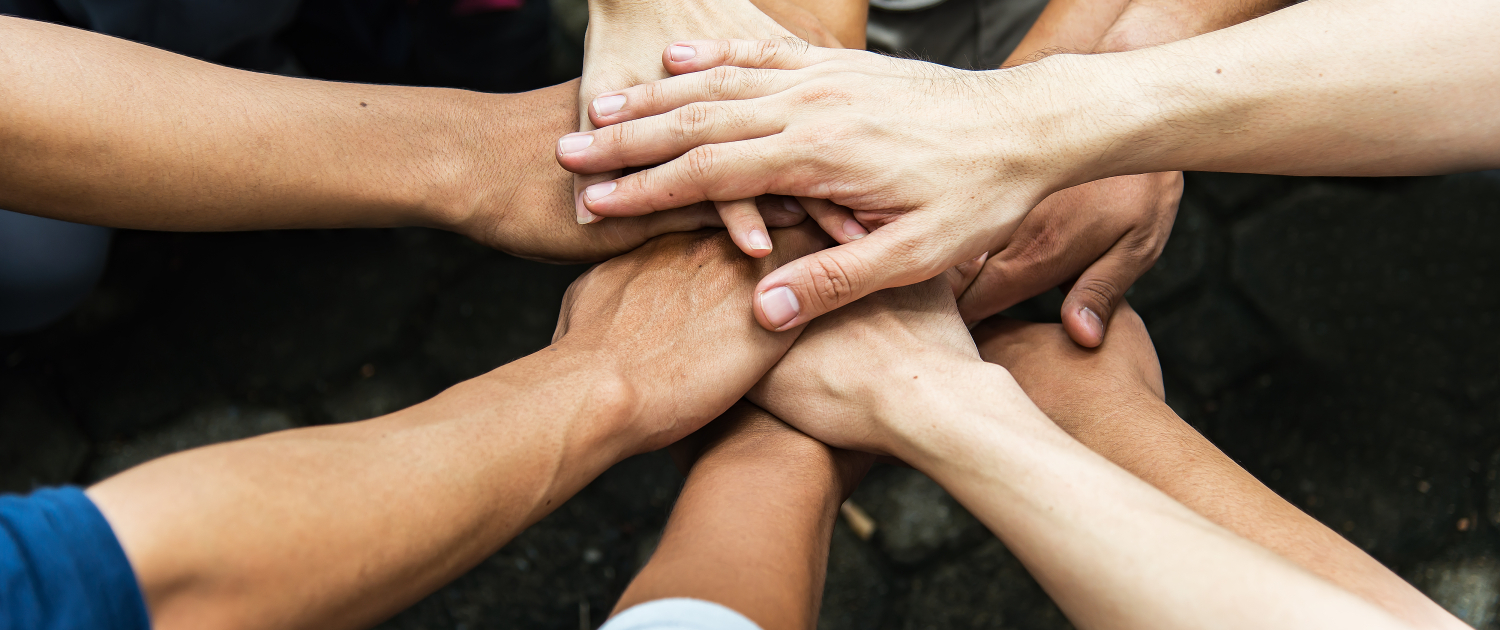International Solidarity
International solidarity is essential in overcoming global challenges such as natural disasters, health emergencies and epidemics, the adverse effects of climate change, armed conflict, poverty and hunger, especially among children, terrorism and transnational armed militias, and violence against women.
The Covid-19 pandemic, with its devastating effects, has shown the interconnectedness of our world more than ever before, which means that, as the UN Secretary General, Mr Guterres has said, “Either we stand together, or we fall apart”.
Art. 28 of the Universal Declaration of Human Rights clearly states that “everyone is entitled to a social and international order in which the rights and freedoms set forth in this Declaration can be fully realized.”
The Associazione Comunità Papa Giovanni XXIII believes that the recognition of the right to International Solidarity, which derives directly from Article 28 of the UDHR, will contribute greatly to the construction of a better society based on fraternity, reciprocity, social justice, equity and sustainable development, which are fundamental to living in peace and harmony as a human family.
In 2005, the predecessor of the Human Rights Council – the United Nations Commission on Human Rights (see resolution 2005/55) established the mandate of the Independent Expert on human rights and international solidarity with the task to produce a draft declaration on the right to international Solidarity. The former Independent Expert, Mr Ritzsky defined the principle of international solidarity as “the union of interests or purposes among countries, and social cohesion between them, based upon the dependence of States and other international actors on each other, in order to preserve the order and very survival of international society, and in order to achieve collective goals, which require international cooperation and joint action”.
The second Independent Expert, Ms Virginia Dandan defined the right to international solidarity as “a fundamental human right by which peoples and individuals have the freedom to enjoy, on the basis of equality and non-discrimination, the benefits of a harmonious international society with a just and fair international political and economic order, in which all human rights and fundamental freedoms may be fully realized.”
The current Independent Expert, Mr. Okafor, has introduced the concept of a “human rights-based international solidarity”.
The recognition of international solidarity as a human right is a way to give justice to the poorest people and countries in the world.
In the current debate on International Solidarity, APG23 has long promoted a new concept that has finally been considered worldwide: the principle of Preventive Solidarity (or Solidarity Ante-Factum). According to Fr. Oreste Benzi, our founder, there are two types of solidarity:
• The Post-Factum Solidarity aims to reduce the damage when disasters occur as in the case of natural phenomena and emergencies. This solidarity is good and should be implemented whenever and wherever is needed. Yet, it does not address the root causes of such vulnerability.
• The Ante-Factum Solidarity aims to address the root causes of poverty, revealing the truth in the view that prevention is better than intervention as a cure. Such solidarity implies that States fully respect the international obligations at the United Nations. They should implement ratified conventions and treaties. Alongside this, they engage in disarmament, clean energy policies, strengthening health systems and achieving the Sustainable Development Goals.
The recognition of the right to international solidarity will be a step forward in the implementation preventive solidarity.
United Nations Links

